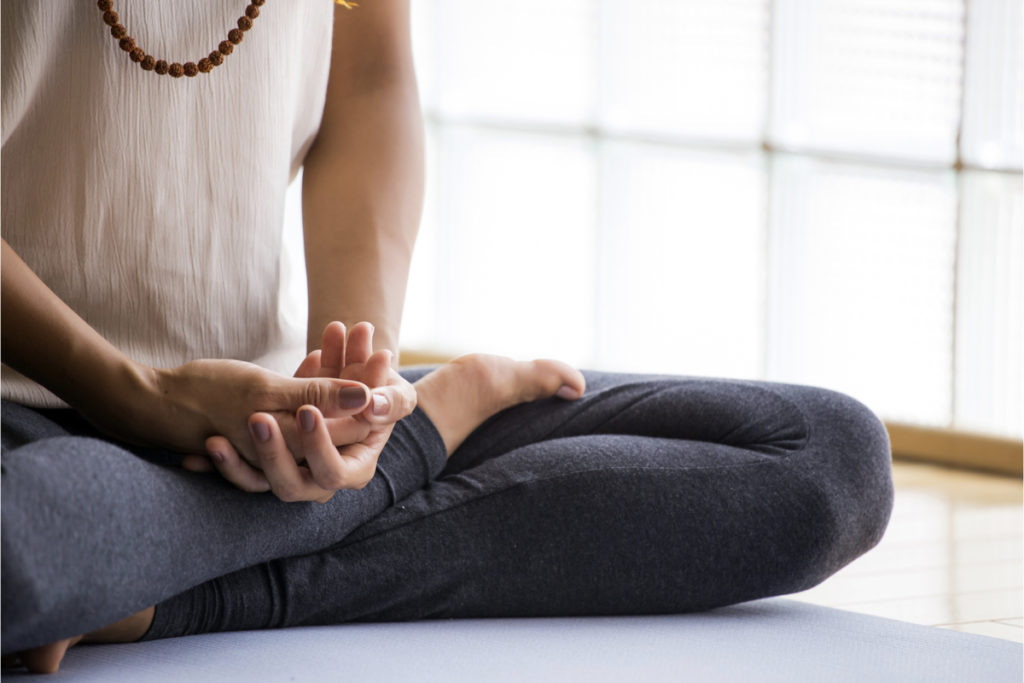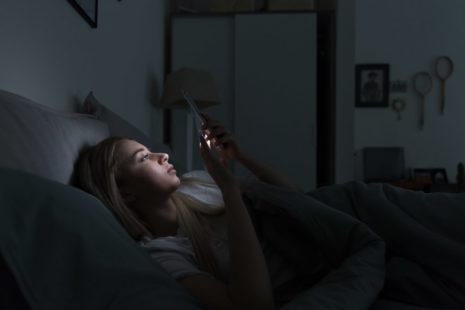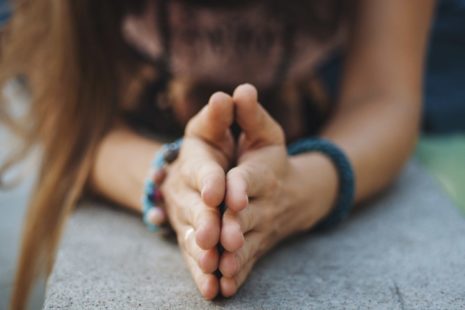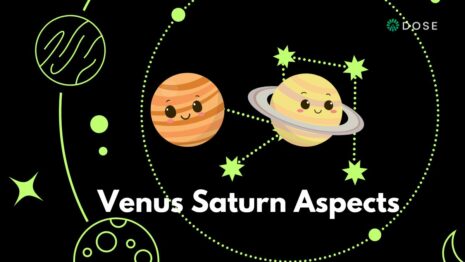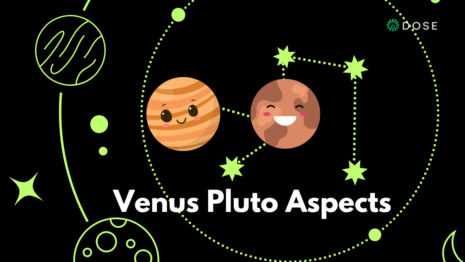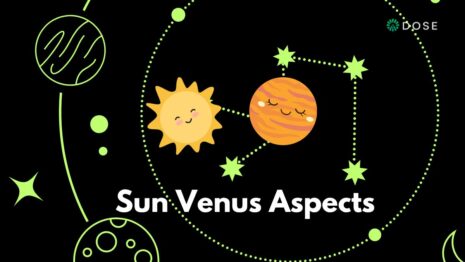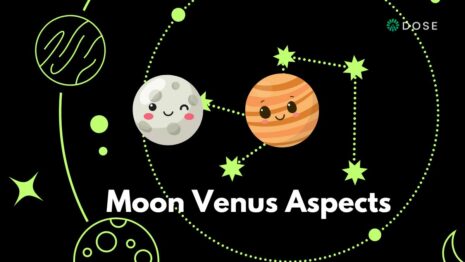Have you ever considered signing up for a silent meditation retreat in a moment of quiet desperation? Whether you’re struggling with insomnia, panic attacks or in this case, the anticipation of a newborn, it might be just the thing you need to calm an anxious mind. Dr. Vishal Shah talks us through his experience at Dhamma Dipa in Herefordshire…
When I told my seven-months-pregnant wife that I wanted to leave her and our toddler for a 10-day silent retreat, her response was – to put it mildly – mixed.
On the face of it, it sounds like poor timing. But with a baby on the way, it felt like this was my only opportunity before things got really chaotic. For a number of years I’d suffered with some form of anxiety. Trying to juggle family life with a busy job as a doctor and medical director often left me feeling overwhelmed; I had a problem with staying focused and often lacked in confidence speaking in-front of groups.
I knew meditation might offer a solution, and it was something I’d dabbled with using apps and books, but I’d never really committed. I’d read and been moved by Yuval Noah Harari’s Homo Deus which he’d dedicated to S.N. Goenka, the modern father of Vipassana. He’d wrote that the technique had brought him “the focus, peace and insight” necessary to work – three things I was in short supply of.
I started to research Vipassana retreats, where Goenka’s technique is taught in total silence, and was told that such an immersive experience can bring the same results as two years of normal practice. Somewhat ironically, I wanted to shortcut to finding this peace and the idea of speeding up the process pushed me into committing. Of course there was fear. It would be difficult, they said, mentally challenging and physically painful I would miss my family, friends, even work. I’d invested so much in leaving a heavily-pregnant wife and a three-year-old daughter – it had to be worth it.
On day one I arrived in the evening with around 200 other eager faces. On this night only, we got a chance to talk to each other and were introduced to the technique. Then, a gong rings, signalling the vow of silence.
Each day after that follows the same pattern: you rise at 4.00am, meditate, eat breakfast, meditate, have lunch, meditate. In the evening, dinner and a (recorded) talk from Goenka, before bed at 9pm.
Those first few days were terrifying, without a doubt some of the most emotionally exhausting of my life. I found myself crying at times, battling through the silence and isolation. Though you’re surrounded by people – people that you share bunk beds with, share meals with – you don’t interact with them at all. I missed my wife, felt guilt at leaving her and questioned what I was doing as the minutes and hours trickled by.
Some of the lessons weren’t new – but it was the intensity of the practice that made a difference. For hours on end we were asked to focus on our breathing, in and out. Whenever my mind began to wander I needed to bring it back to my breath. After a few days, I mastered that and I started to focus on physical sensations around the mouth and nose, learning to ignore everything else.
By day six I was experiencing entirely new things, almost deeply intensely pleasurable sensations. Many people had spoken about this, but I thought it was a myth. At times I lost all the feeling in my limbs.
I became acutely aware of how much of our time and daily thoughts are distractions, and how much we rely on things outside of ourselves to escape – whether that be phones, work, even conversations with friends. Being forced to acknowledge my own thought processes and feelings without distraction was difficult.
At some point, I turned a corner. Instead of spending time worrying if I was doing the technique right, I let go of that concern, stopped striving for perfection and as a result, started to gain mastery over my focus.
I felt the deepest sense of peace and ease I have ever felt, a feeling which has, in the most part, stayed with me. At the end of it all there was a sense of relief. Of course, I was happy to go home, to join my family but I was also apprehensive. What is life going to be like out in the real world?
The effect was immediate. On the drive back home I went through a speed camera. Normally, I’d be riled up, physically upset. When something bad happens, your heart starts to race before you even have time to think. But this time, I wasn’t fazed at all. I’d trained my body to become physically less reactive.
